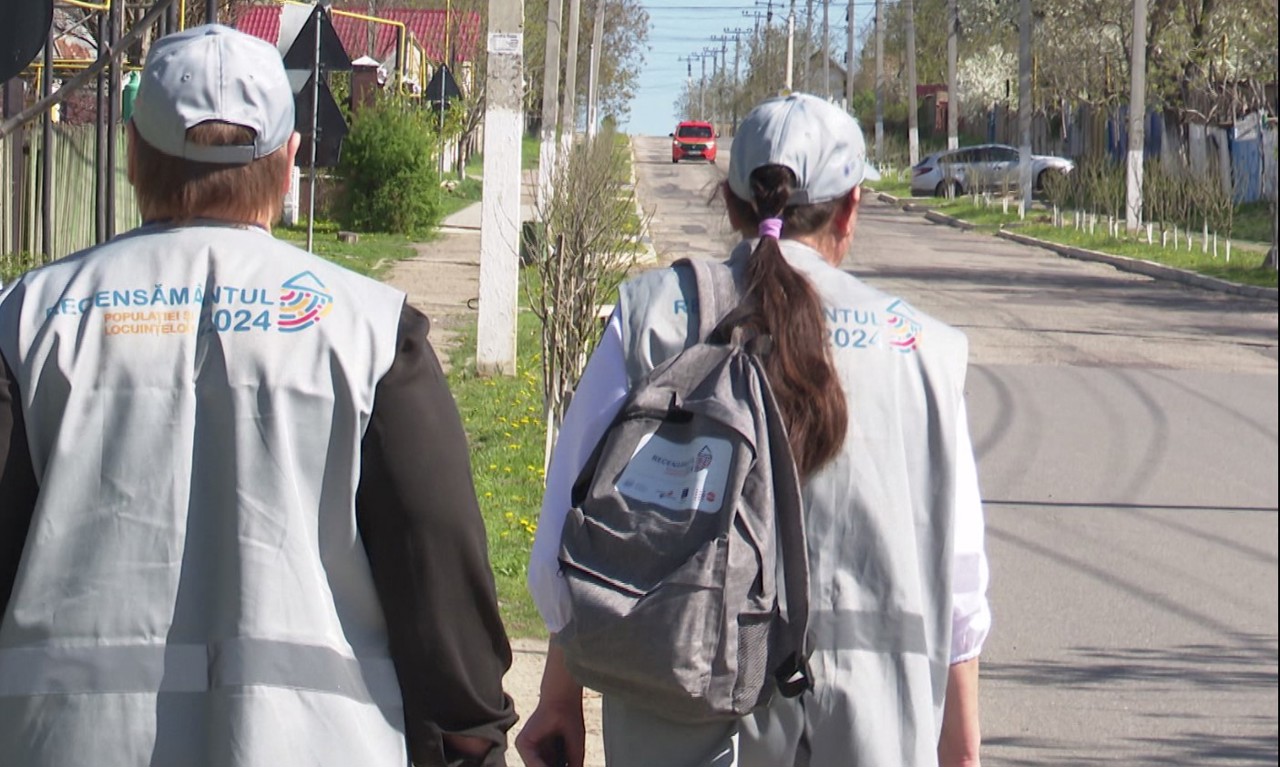Inside Moldova's Census: Legal Mandates, Data Security, Community Feedback
Over four thousand enumerators have embarked on a household-to-household journey to gather data as part of the population census in the Republic of Moldova.

This marks the first occasion where all amassed data is digitally stored, ensuring its secure preservation. By legislative decree, citizens are mandated to furnish responses as veracious as possible to the questionnaire inquiries. These inquiries encompass, among others, details regarding residency, household composition, spoken languages, and ethnic identity.
According to Moldova 1 journalist Valeria Tăbîrță, the census commenced yesterday. In the village of Răzeni, six enumerators will traverse door-to-door, with residents expected to answer a minimum of 90 questions. The duration of these household discussions may vary between 20 minutes to an hour, contingent upon the number of individuals interviewed. Early reports indicate a receptive attitude among residents, with prompt and comprehensive responses offered.
Voices from the community express affirmation towards the census endeavour, emphasising the importance of accurate population records for governmental planning and policy formulation. The conscientious completion of the questionnaire, despite its length and complexity, is viewed as a civic duty in line with European standards.
Efforts have been made to ensure the inclusivity of the census, with questionnaires available in six languages: Romanian, Russian, Bulgarian, Gagauz, Ukrainian, and Romani. The introduction of tablet-based data storage has streamlined the process, enhancing efficiency and reducing paper consumption.
In instances where residents are unavailable during enumeration visits, notification slips are left in their mailboxes, prompting them to arrange a suitable appointment time for a subsequent visit.
As the census progresses, meticulous attention is paid to data accuracy and confidentiality. Galina Tonu, the census officer from the Ialoveni district, underscores the significance of this national statistical endeavour. She elucidates how the digitization of data collection not only ensures accuracy but also facilitates comprehensive population insights, critical for informed decision-making.
A substantial budget allocation of over 320 million lei underscores the significance accorded to this endeavour. Data collection will culminate on July 7th, with preliminary findings slated for release by year-end, and final results expected by the conclusion of 2026.
Translation by Iurie Tataru




